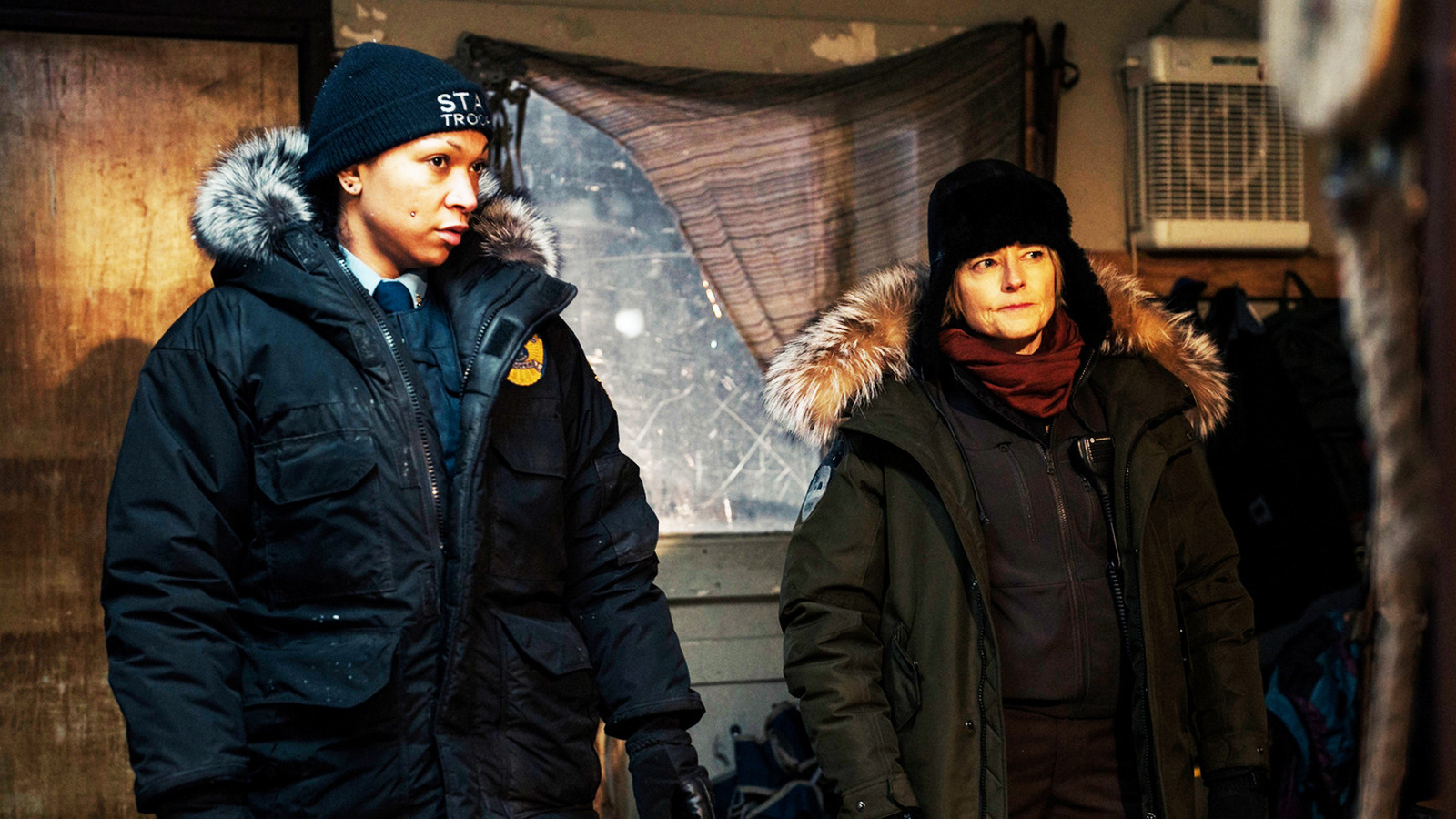In the “True Detective” pilot, Matthew McConaughey’s detective Rustin Cohle makes a truly unforgettable debut. During a now legendary car ride with his detective partner Marty Hart (Woody Harrelson), Rust expounds on his worldview, explaining to his partner, “I’d consider myself a realist, but in philosophical terms, I’m what’s called a pessimist.” As Marty probes Rust further, the previously laconic detective reveals that he believes human consciousness to be “a tragic misstep in evolution,” adding, “We became too self-aware. Nature created an aspect separated from itself, we are creatures that should not exist by natural law.” Ultimately, Rust claims to believe that humans should “deny their programming” and “Walk hand-in-hand into extinction.”
Naturally, these ideas are startling and offensive to a man of God such as Marty, but the point is made: Rust Cohle is a deeply philosophical, and deeply troubled, man. The car ride conversation became a staple of the series and was restored in “Night Country” episode 3. But as season 1 went on, Rust revealed himself to be much more hopeful than his dour introduction would suggest, delivering an optimistic line in the season finale which seems to have been yet another influence on “Night Country.”
While we witness some satisfying character development over the course of “True Detective” season 1, then, Rust’s background remains fairly mysterious throughout. Beyond revealing he grew up partly in Alaska and that he had a daughter who was killed, the man remains somewhat of an enigma. Now, however, Issa López has given us some insight into Rust Cohle, having introduced us to the ghost of his father, Travis, in “Night Country” episode 1. In episode 4, however, we get a little clue as to how Rust became so immersed in philosophy.
